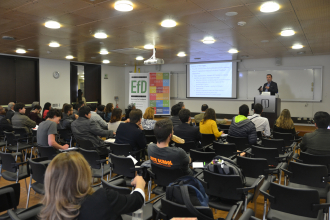Ground-level ozone under traffic disruptions: gasoline and diesel vehicles-free days
Most concerns of pollution centralize the debate on PM, and forget that other pollutants such as ozone may also have impacts on public health. In the literature, little is known about how ozone



